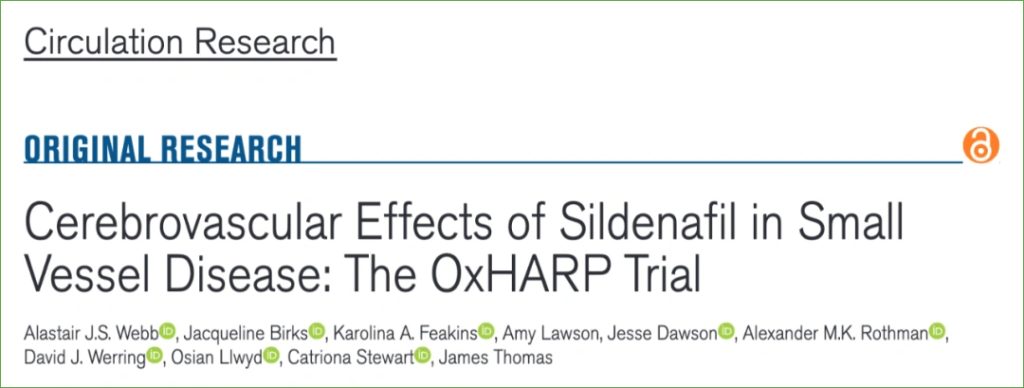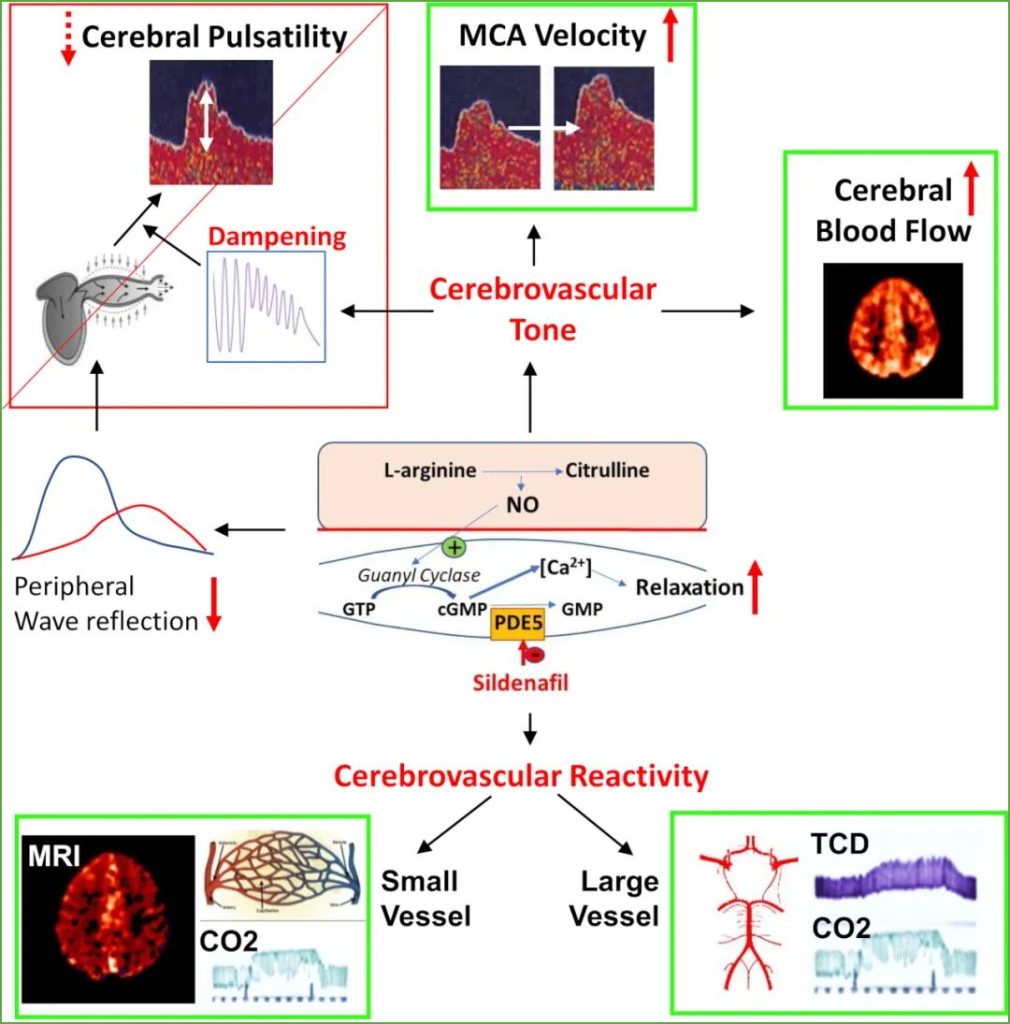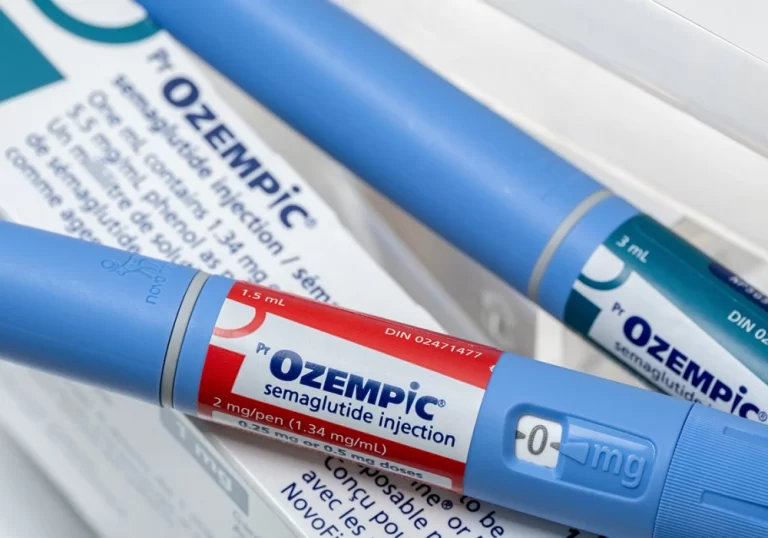Viagra Improves Blood Flow to Brain and Prevents Dementia

Recently, researchers from the John Radcliffe Hospital at the University of Oxford published a research paper titled: “Cerebrovascular Effects of Sildenafil in Small Vessel Disease: The OxHARP Trial” in the journal Circulation Research.
This study confirmed for the first time in a double-blind, placebo-controlled clinical trial that sildenafil (commonly known as “Viagra”) can increase blood flow to the brain and improve cerebral vascular function in patients at high risk of vascular dementia. The research team said that this study is very encouraging and highlights the potential of using existing drugs to prevent vascular dementia, marking a key step in our fight against this debilitating disease.

Dr. Alastair Webb, the corresponding author of the paper, said that this is the first time that clinical trials have shown that sildenafil enters the brain blood vessels of patients at high risk of vascular dementia and improves blood flow and brain vascular response. This shows that sildenafil, a well-tolerated and widely available drug, has the potential to prevent dementia. Of course, this needs to be verified in larger trials.
The significance of this research is that it has the potential to transform the treatment and prevention of vascular dementia, which currently lacks specific treatments. Chronic damage to the brain’s small blood vessels is not only the main cause of vascular dementia, but also the cause of 30% of strokes and 80% of brain hemorrhages. These conditions are exacerbated by high blood pressure, reduced blood flow to the brain and impaired blood vessel function, so the findings of this trial are particularly important.
Vascular cognitive impairment caused by cerebrovascular disease is associated with decreased cerebral pulsatility, white matter hypoperfusion, and cerebral vascular reactivity (CVR) and may be improved by endothelial-targeted drugs such as cilostazol. Whether phosphodiesterase-5 inhibitor (PDE5i) sildenafil can improve cerebrovascular dysfunction is unclear.
In this study, the research team conducted a carefully designed double-blind, placebo-controlled clinical trial called OxHARP, which included 75 participants who had experienced a minor stroke and showed signs of mild to moderate small vessel disease. Each participant was randomly assigned to receive sildenafil, placebo, or cilostazol (an antiplatelet aggregation and vasodilator drug) over a three-week period, and the research team used cardiovascular physiology tests, ultrasound, and functional magnetic resonance imaging to evaluate the effects of drug treatment.
Key findings from the clinical trial include:
- Ultrasound and magnetic resonance imaging scans show that sildenafil can increase blood flow in large and small blood vessels of the brain;
- Sildenafil enhances the blood flow response to carbon dioxide, indicating that it improves cerebral vascular function;
- Both sildenafil and cilostazol can reduce the resistance of cerebral blood vessels;
- Compared with cilostazol, sildenafil has fewer side effects, especially a lower incidence of diarrhea.

The research team said that looking forward to the future, larger clinical trials will be conducted to confirm these findings and explore the potential of sildenafil to prevent vascular dementia on a larger scale.
In December 2021, Cheng Feixiong’s team from the Cleveland Clinic in the United States published a paper in the journal Nature Aging. Through a large-scale analysis of a database of more than 7 million patients, they determined that sildenafil was associated with a 69% reduction in the incidence of Alzheimer’s disease, suggesting the potential of sildenafil as a prevention and treatment of Alzheimer’s disease.

On March 1, 2024, Cheng Feixiong’s team published a paper in the Journal of Alzheimer’s Disease. The study provided observational data from computational models, real-world Alzheimer’s patients, and experimental data from iPSC-induced neurons derived from Alzheimer’s patients, further confirming the potential of sildenafil as a candidate drug for the prevention and treatment of Alzheimer’s disease.

The study, which analyzed millions of de-identified health insurance claims from two independent patient databases, showed that after adjusting for a variety of possible confounding factors, people who took sildenafil had a 30%-54% lower chance of being diagnosed with Alzheimer’s disease compared to those who did not take sildenafil.
The research team further conducted validation experiments in neurons differentiated from induced pluripotent stem cells (iPSCs) derived from Alzheimer’s patients, and the results showed that sildenafil reduced the levels of neurotoxic tau protein, which is known to be associated with the onset of Alzheimer’s disease. They also found that neurons treated with sildenafil expressed genes related to cell growth, improved brain function, and reduced inflammation and other processes known to prevent neurodegenerative diseases associated with Alzheimer’s disease.






